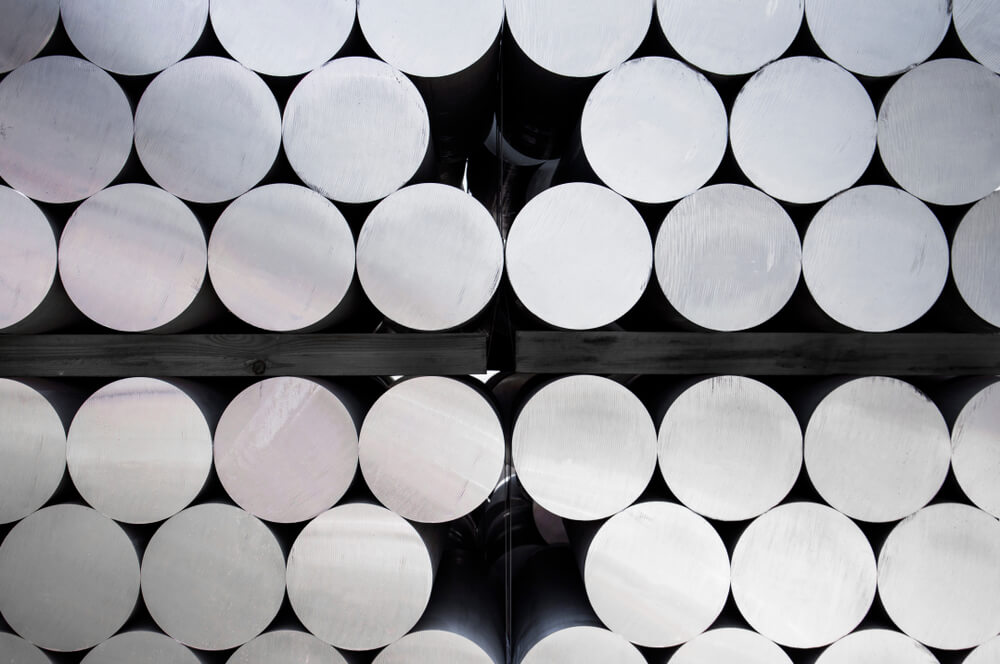
Japan’s influence in quarterly aluminium premium negotiations continues to decline due to reduced imports of primary ingots and the sale of overseas smelter holdings by Japanese firms. This shift could lead to higher import premiums, adding pressure to an economy already affected by inflation, rising interest rates, and a weak yen, according to industry experts.
Japan, Asia’s largest aluminium importer, plays a crucial role in setting the benchmark for regional premiums over the London Metal Exchange (LME) cash price. However, with imports nearly halving over the past two decades, producers are prioritizing larger buyers, diminishing Japan’s negotiating power. In 2024, Japan’s primary aluminium imports stood at 1.05 million metric tons, slightly above 2023’s record low of 1.03 million tons.
Declining demand from automakers and reduced construction use, as window sash materials shift to resin for better insulation, have further contributed to lower import volumes. Premiums for the current quarter were set at $228 per ton, the highest since 2015, with forecasts ranging between $200 and $300 per ton for the rest of 2025.
Japanese companies have also scaled back their equity holdings in smelters. Sumitomo Chemical and Mitsubishi Corp sold stakes in New Zealand Aluminium Smelters and Australia’s Boyne Smelters to Rio Tinto, reducing Japan’s offtake volume from equity holdings to 750,000 tons in 2024, down from 1.1 million tons in 2012.
The retreat from direct production raises concerns about Japan’s ability to secure adequate supply, as producers may redirect shipments to higher-premium regions such as North America. The recent imposition of 25% U.S. tariffs on aluminium imports could further disrupt global metal flows, potentially tightening Japan’s supply.
Traders warn that if the U.S. grants a tariff waiver to Australia, its shipments could be diverted to North America, while Canadian metal may shift to Europe, potentially reducing available supply for Japan.



